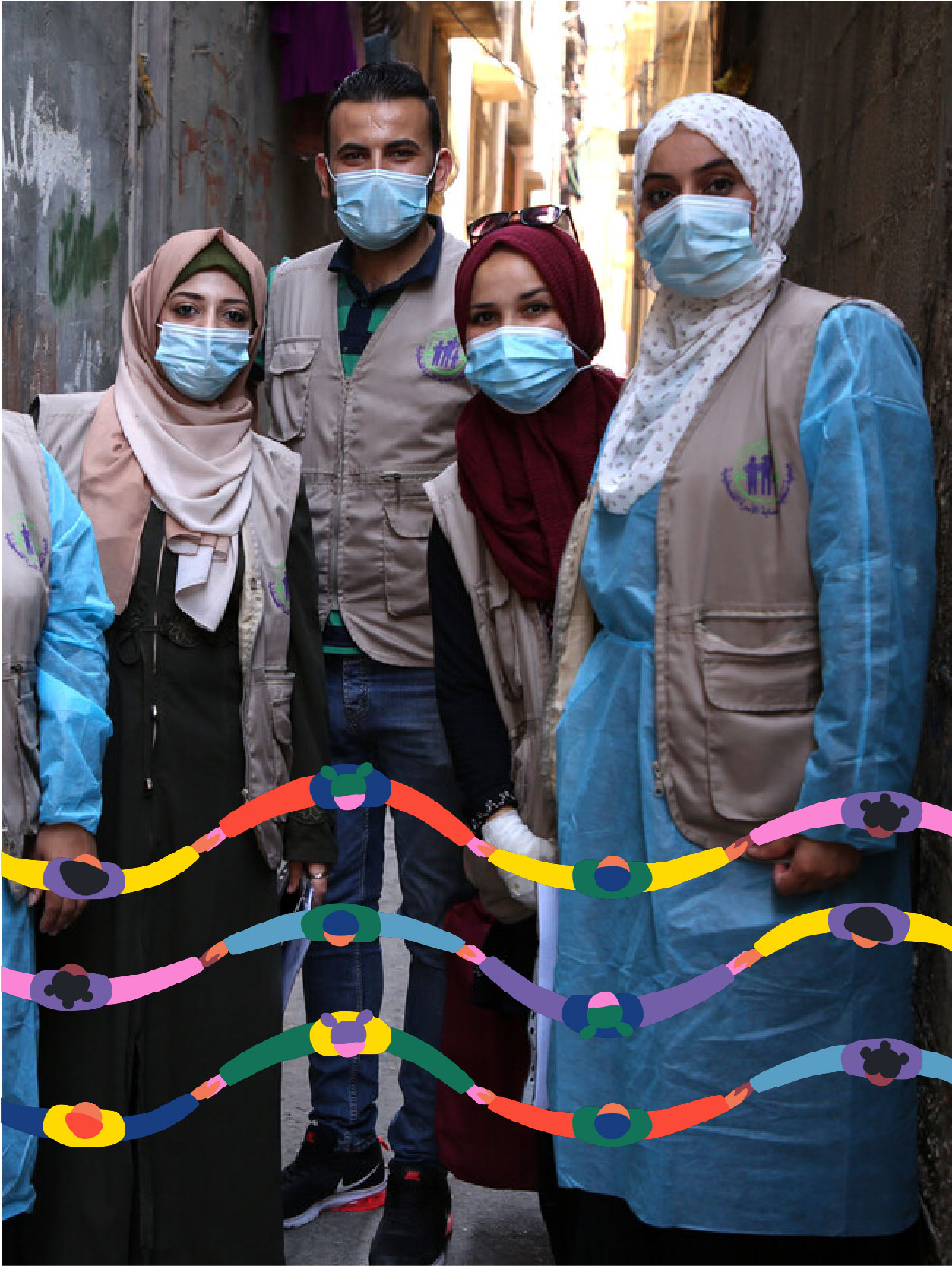SRHR in Humanitariansettings
What does sexual and reproductive health mean in a crisis?
Amid the terrifying devastation experienced during a humanitarian crisis, essential sexual and reproductive health (SRH) services save lives, prevent further suffering and maintain human dignity.
SRH in crisis means access to safe delivery and newborn care, access to safe abortion, and access to contraceptives to prevent unintended pregnancies which could further endanger the lives of women and girls. It also includes other key elements like protection from sexual and gender-based violence and care for survivors, prevention and treatment of HIV and other sexually transmitted infections, the provision of menstrual health products, and comprehensive sexuality education for young people.
Ensuring SRHR for all in crisis situations also means protection of people with diverse sexual orientation and gender identity, of those living with a disability and those from an oppressed minority group.

Providing lifesaving care in emergencies
All people, including those living in humanitarian settings, have the right to sexual and reproductive health and women and girls’ need for reproductive health care is not suspended in crises. One-quarter of people affected by crises are women and girls aged 15-49. Among these, one in five women is likely to be pregnant and one and five of all deliveries will experience complications. In crisis settings there is also a heightened risk of early marriage, female genital mutilation, rape and sexual violence, unsafe abortions and unattended births. Transmission rates of STIs, including HIV, also increase in emergencies.
Poverty, geography, and gender inequality mean that when a crisis strikes, women and girls are disproportionately disadvantaged and less able to cope and respond to the threats and risks that they face. Often, access to life-saving services is compromised or denied.
SGBV, particularly against women and girls, is pervasive and exacerbated in every humanitarian setting. Yet, protection from SGBV is not treated as a priority from the earliest stages of a crisis. Girls and women who experience SGBV need urgent access to confidential and safe sexual and reproductive health services and referral pathways.
